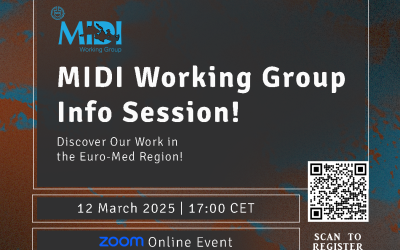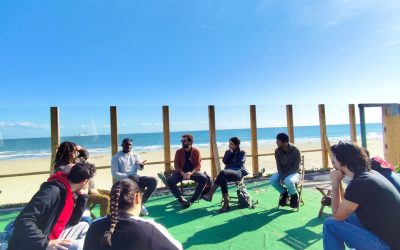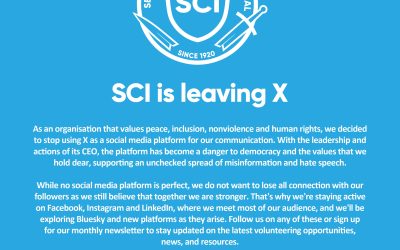“Stop all genocide” seminar
Reflections of an anthropologist
Article by Fabrizio Astolfoni. Fabrizio has been an activist of SCI Italy since 2018: he started his experience through the Civil Peace Intervention, an International non-violent intervention for the olive harvest to support the Popular Resistance Committees, which brought him to travel for one month in Palestine. Since 2020, he is within the staff of SCI Italy.
_______________________________________________
Last week, SCI Italy has hosted a seminar called “Stop All Genocide”, financed by Erasmus+. The idea was to raise awareness on the ongoing genocide and to create a strong network of peace and antimilitarist organisations, working with young people.
The preparation of the activity, started months before, has been for me a strong opportunity to reflect about the impact of the “power” that I have inside SCI Italy, due not only to my role, but also to my background, my privilege and my positionality. In fact, though it is impossible to ignore the crucial and strong impact which cultural anthropology had in my life – since I studied it for seven years – I continue to be surprised by extent to which I continue to underestimate, in my daily life, important issues of race, gender, belonging, identity and cultural productions.
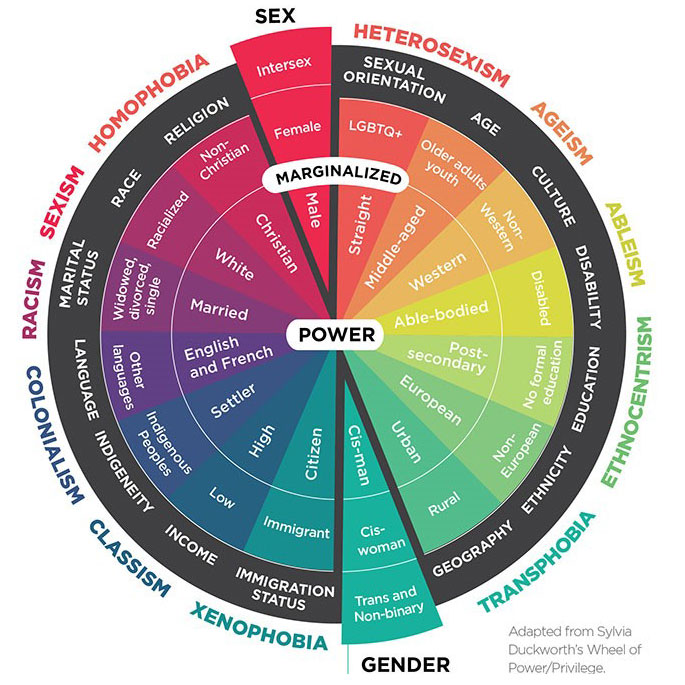
The wheel of privilege helps to visualise the spectrum of power, identity erasure, and marginalised communities to explore intersectionality.
It could seem illogical, but the categories studied so deeply – I assume – during my academic path continue to not be fully embodied in my forma mentis. What did anthropology teach me for so many years? To what extent is this social science tied with power and racial authority of white society? How could I ignore my positionality during my previous fieldworks or work experiences in the different contexts in which I interacted, trying to practise – the best I could – my “profession” of anthropologist? What is the repercussion of my role in a volunteering network such as SCI, born one hundred years ago?
However, there are several thoughts that had a positive impact, I think.
Fanon’s or Said’s thoughts have resounded in my mind, during these last weeks, while I was working and arguing with bureaucracy on visa issues for the attendance of some Palestinian participants for the project. As I mentioned before, the title of the Erasmus+ project is “Stop All Genocide”: taking into consideration the fact that I had to hide the title for some embassies, in order to avoid issues, postponements and passing the buck, it is understandable the ambivalent relation between knowledge and power, more specifically between orientalism and imperialism, colonialism and neo-colonialism.
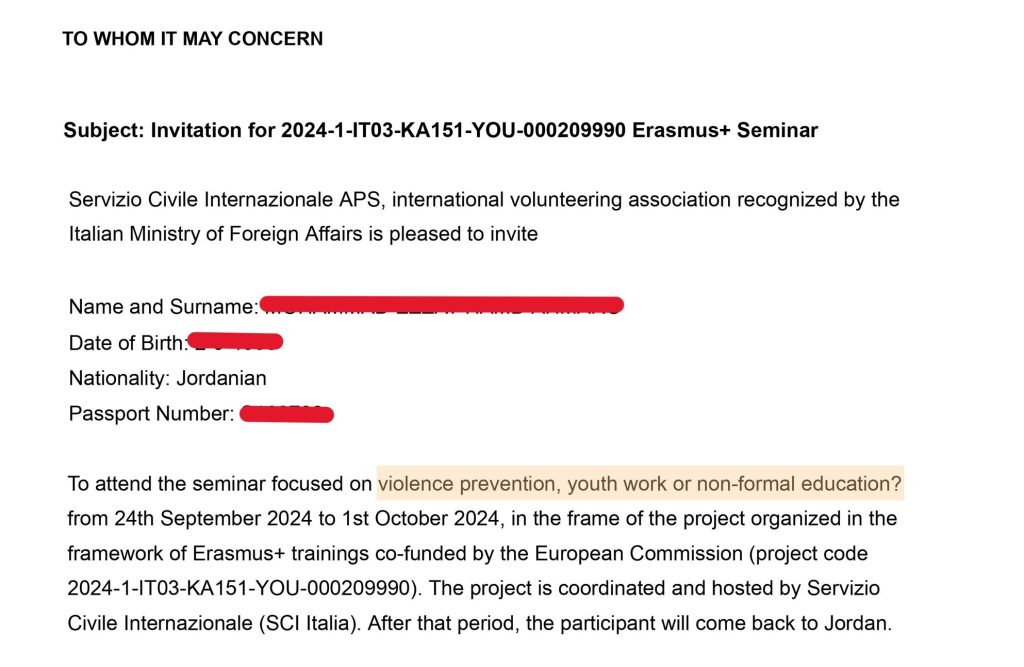
An example of supporting letter from SCI Italy for the invitation of a participant from Jourdan: the title of the seminar was dropped out with a generic “focus on violence prevention, youth work and non-formal education
But bureaucracy is bureaucracy, and everyday life is everyday life, especially if you try to reflect, even for a few minutes, on what the latter means for a Palestinian in Palestine. Without going in too many details, we have also to remind ourselves that, if on one side Palestinians have to suffer the ongoing conflict and military occupation, on the other side they are victims of a subtle and structural violence: separation wall, blockades, military areas, road blocks, security zones, checkpoints fully characterise daily life of the individuals.
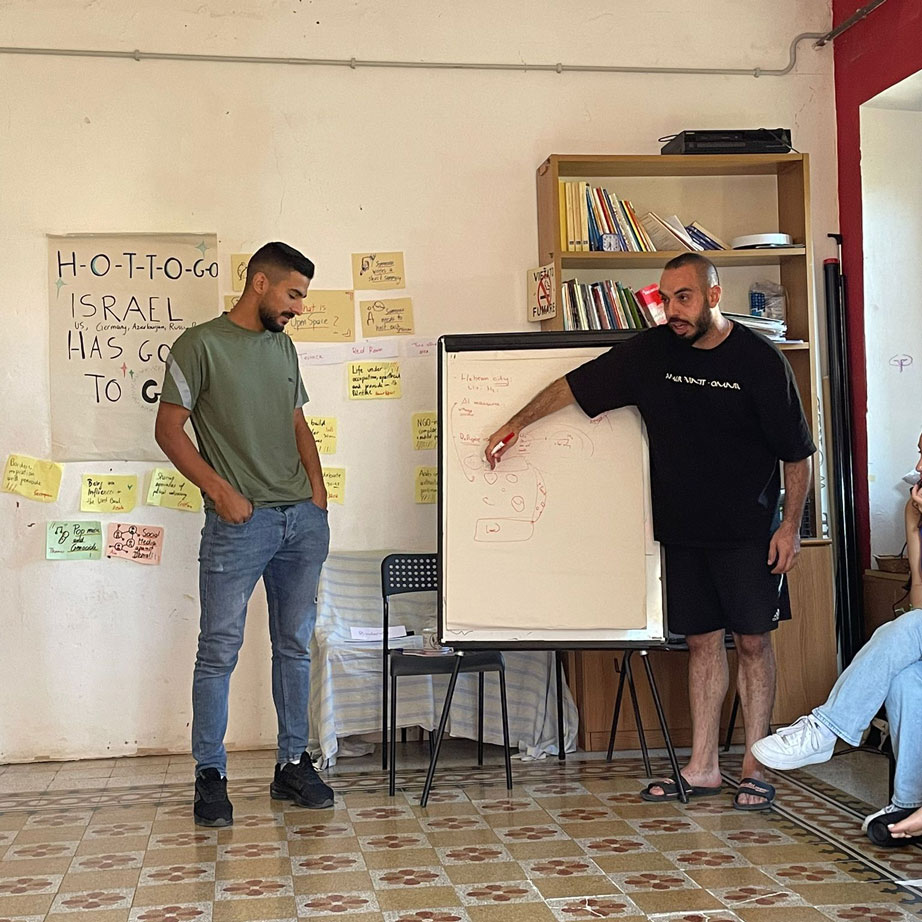
Two participants from Palestine share, with a map and their voices, the several checkpoints that they have to cross, every day, in order to reach nearby towns.
When I went to Palestine five years ago, and I never went back, I was strongly impressed by the several nonviolent and unarmed acts of solidarity and co-resistance. Olive tree planting and olive harvest have not only an economic significance in the income of the families; it is a thousand-year-old tradition, in which families and all levels of Palestinian society actively participate in the harvest, turning this activity into a true national and traditional fest. They represent resistance and resilience of Palestinian individuals, their continuity with the land and an intra-generational knowledge.
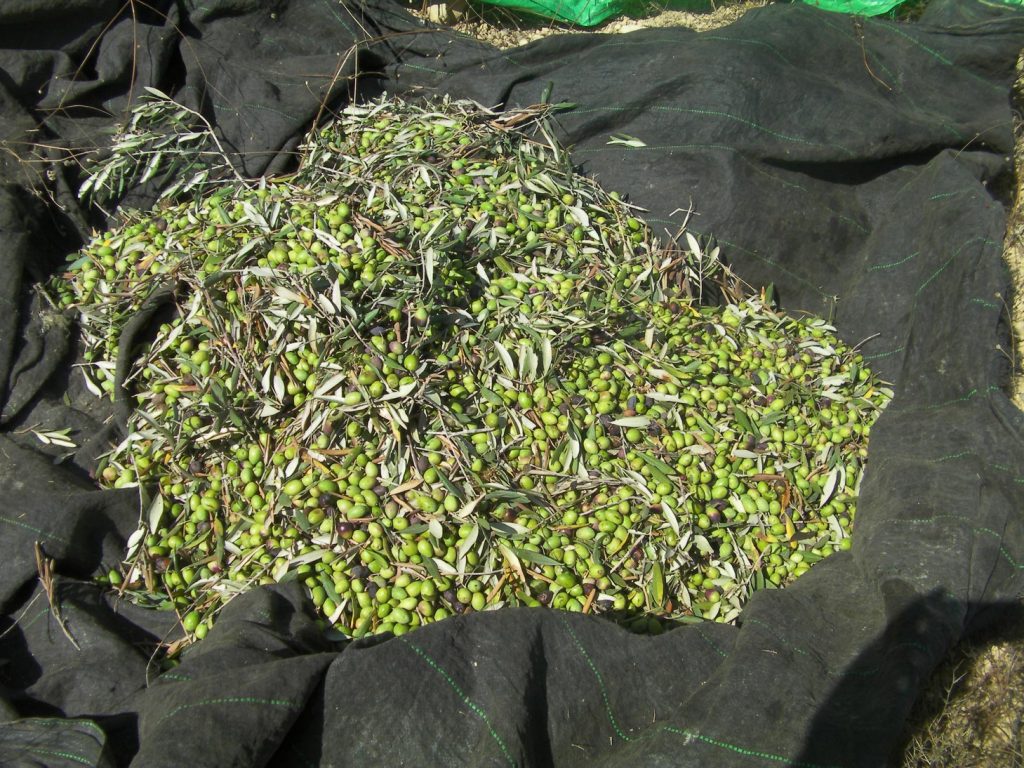
A Symbol of Resistance and Power: for Palestinians, harvesting olives is a national event that celebrates their relationship with the land and their relationship with their culture.
An important sociocultural meaning, an act of resistance towards the land grabbing of the settlers. Just last Sunday I went with some Palestinians to a sit-in protest for the invasion of Lebanon. It was impressive the solidarity of people toward what is happening during these days: but as I have seen several times, even in informal conversations these days, Palestinian life and resistance seem to be produced by unlimited sources, and we should spread their voice as much as we can.
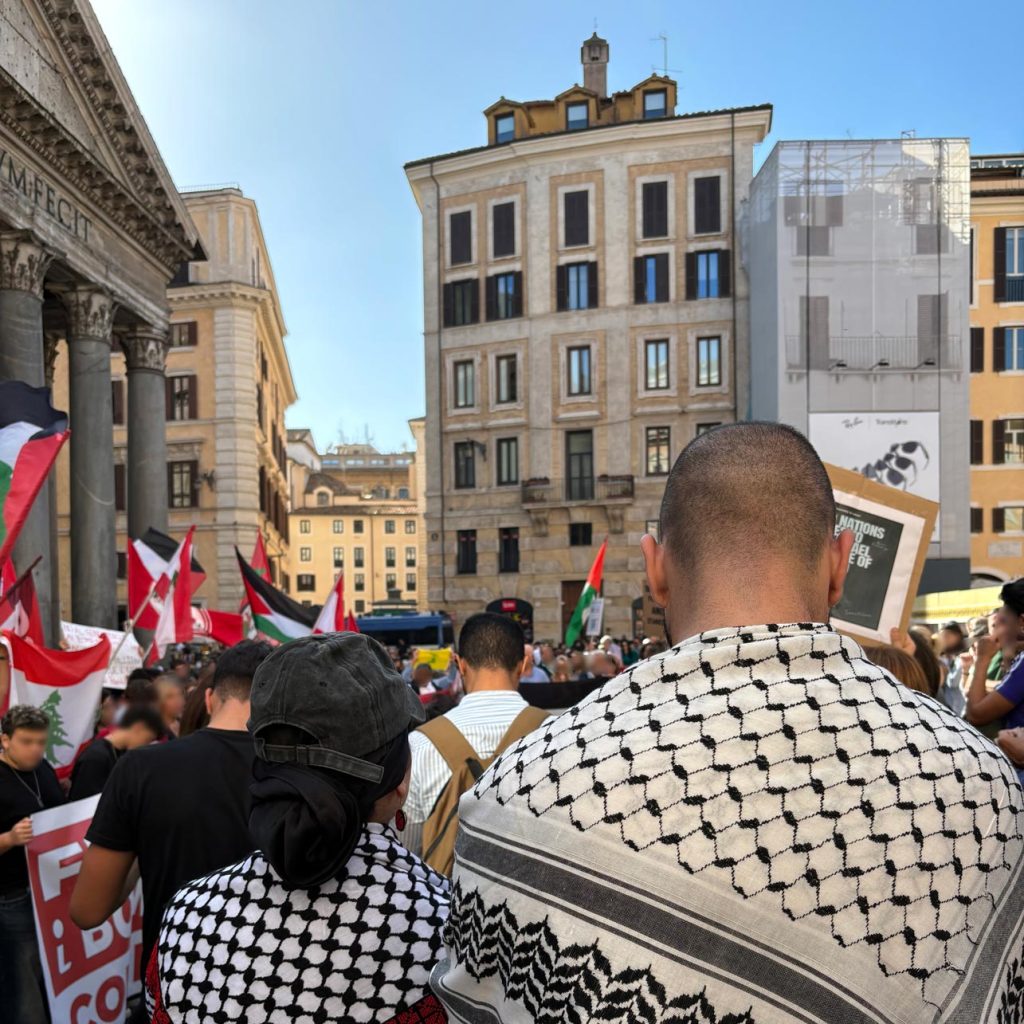
Sit-in for Lebanon in Rome, on 28th of September 2024
Explore more news
MIDI working group info session
Based on Nour Voices of Volunteers Story, we would like to invite you to know more about the MIDI working group and its activities to foster the relationships with partners in the Mediterranean area? Sign up for the online info session on March 12th at 5 PM CET. To join us, please fill out the registration form, and we will send you the link to the session. Hope to see you there! ...
PEACE for Nature Local Actions
From online workshops to grassroots activism, the PEACE for Nature project has brought local communities across Europe together for climate action. Between October 2024 and the end of the year, these initiatives showcased the power of collective action in addressing the climate crisis while inspiring others to drive change. Here’s a glimpse of the local actions that took place! The cycle of...
SCI is leaving X
As an organisation that values peace, inclusion, nonviolence and human rights, and like many like minded organisations did, we decided to stop using X as a social media platform for our communication. With the leadership and actions of its CEO, the platform has become a danger to democracy and the values that we hold dear, supporting an unchecked spread of misinformation and hate speech. While...

